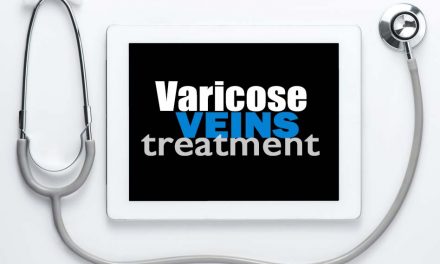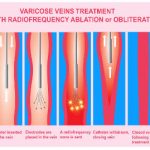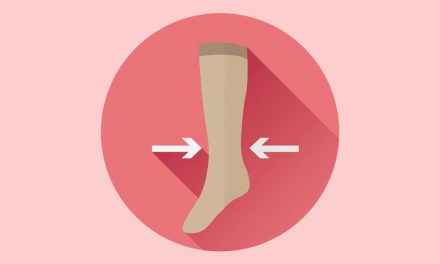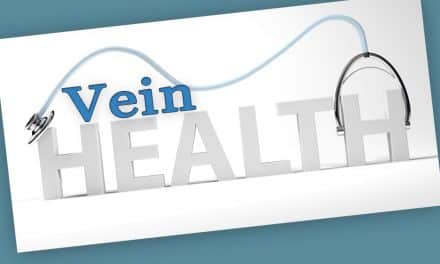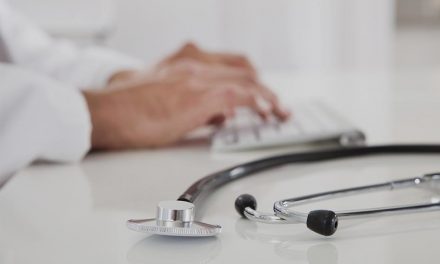
Eyes Wide Shut – The Peril of Ignoring Vein Center Inspection in Pittsburgh
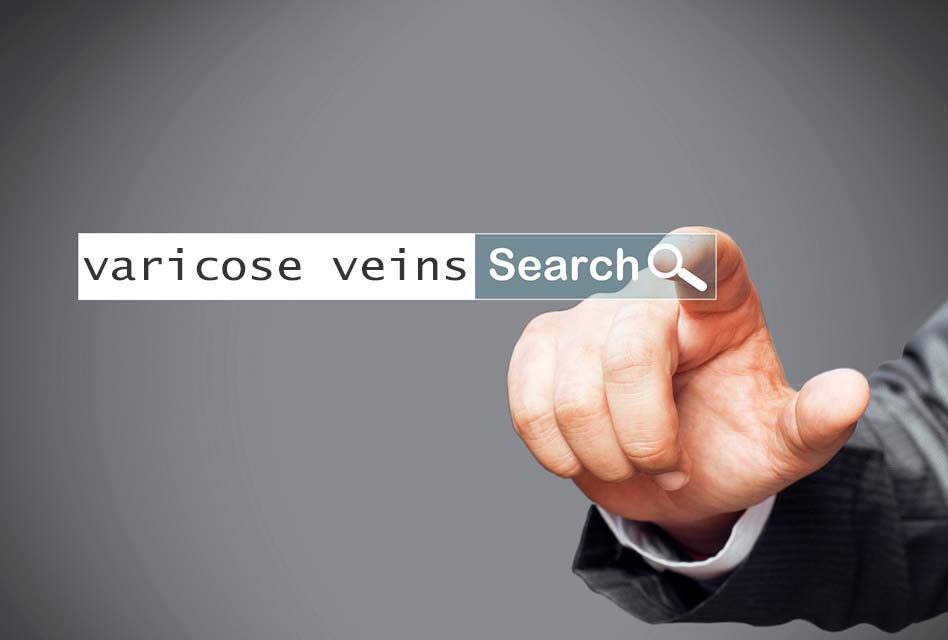
Why You Should Only Go to an Inspected Varicose Vein Center in Pittsburgh
Why is Vein Center Accreditation Important for You?
Lately, it seems like lately there is a vein center on every corner.
The question arises – aren’t they all basically the same?
Nope. It just needed to be written to make that crystal clear.
Vetting of vein centers is imperative. That’s because since 2000 when laser and radiofrequency were introduced, the treatment of varicose and spider veins has exploded.
The cost to Medicare also exploded. It is estimated by the Agency for Healthcare Research and Quality that the costs have increased from $150 million at the turn of the century to $1 billion per year at present.
This crisis in vein care is rooted not only in rising costs but in the very meaning of quality and safety of vein offices.
Attention: Vein Center’s Differing Costs in Pittsburgh are Enormous and Hidden
The Kavic Laser & Vein Centre is independent. When you have your varicose vein procedures done in our accredited office, there is no facility fee at all.
Having your vein procedure at Kavic Vein Center will cost you 3 or 4 times less than if you went to St. Clair’s outpatient center, UPMC’s outpatient center, Shadyside Hospital, Magee-Women’s Hospital Vein Center, Allegheny Health Network’s outpatient or inpatient facilities, or Jefferson or Washington Hospital or their hospital bought cardiology facilities.
Would you rather have a bill of $2,500 or less (with Dr. Kavic) or up to $8,000 – $10,000 (with the mandatory, expensive, overpriced hospital outpatient facilities?)
These very expensive hospital facilities aren’t even vein center accredited.
The reason for this outrageous extra cost for you is that a hospital bills the physician component separately from the facility component.
A hospital’s outpatient facility component is much higher. Wouldn’t you rather have your varicose veins treated in an inspected and accredited vein center at no additional cost?
You save lots of money (thousands of dollars) when you have your vein procedure done at the only accredited vein center in Pittsburgh, the Kavic Laser & Vein Center.
What is the History of Varicose Vein Care in Pittsburgh?
Around the year 2000, there were only four surgeons specializing in the treatment of venous disease in Pittsburgh.
Surgeons are no longer the only specialists who can treat varicose veins because of the new minimally invasive technology.
That has opened the flood gates resulting in an explosion of treatment of this extremely common disorder.
The problem with the influx of new physicians into the field is that many are practicing in their offices with no training at all.
I said what?
Yes, you read that correctly. They are practicing without any training at all.
The truth is this: a phlebologist’s experience is lacking since they have not been formally trained.
This fact is cleverly buried by exploiting the public’s ignorance. Doctors without training call themselves phlebologists to pull the wool over your eyes.
Check to see if they are actually family doctors, emergency room doctors, radiologists, or cardiologists trained in specialties other than varicose vein disease.
These doctors are really board certified in specialties where the study of venous disease was not in their training program.
That’s a scary thought if they are going to perform a procedure on you in which they were not trained.
Board certified vascular surgeons are trained to treat all aspects of varicose vein disease.
How Can You Be Sure a Varicose Vein Center is Legit?
Vein experts realized that after the penstock doors opened that there was a quality issue.
The lack of training and experience treating venous disease of many physicians was unknown to the unsuspecting public.
To remedy this, the leading venous societies in the country got together and formed an accrediting body for vein centers.
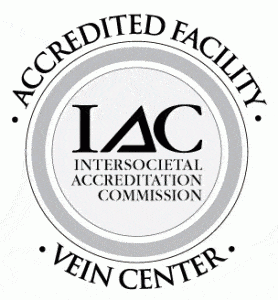
The IAC is made up from a multi-disciplinary group of venous experts. That group is comprised of ultrasound specialists, surgeons, radiologists, dermatologists, and vascular medicine specialists.
The IAC did some pilot testing of three centers in 2013. In January 2014, the IAC accreditation process was formally launched.
The Kavic Laser & Vein Center was the first accredited vein center in the United States after the first three pilot centers were approved.
IAC accreditation is seal of approval that patients can depend on that the accredited vein center is the “real deal”.
What Does IAC Vein Center Accreditation Mean?
The IAC Vein Center standards are extensive.
Each application undergoes a rigorous peer review process. Procedure logs, and the protocols for all procedures performed as well as quality improvement protocols.
A continuous quality improvement program involves documented internal reviews every six months.
Since vascular ultrasound is crucial to the treatment and diagnosis of varicose veins and venous disease, an accredited vein center must produce high quality Doppler ultrasound examinations.
To qualify for accreditation, the venous duplex ultrasound diagnostic testing performed in the vein center must also be accredited by IAC Vascular Testing or the American College of Radiology (ACR).
The quality of the tests, reports, and vascular technologists training and credentials and training are closely examined.
Vein Center Accreditation Requirements
Safety, proper sterilization and FDA approved equipment and medication, emergency contingency plans, and training of all of the personnel involved are closely examined.
Continuing education hours are inspected.
All centers have an on-site visit from the IAC.
Examiners who operate using national standards conduct an on-site visit.
All accredited vein centers must perform the following procedures: sclerotherapy (injections), phlebectomy (removal of varicose veins through mini incisions), saphenous vein ablation (laser or radiofrequency closure), and non-operative management of chronic venous insufficiency with ulceration.
Approved vein centers must have performed at least 75 procedures over the previous year. A minimum of 25 of those procedures must be in at least two of the following categories – sclerotherapy, ambulatory phlebectomy, ablation, and/or venous wound care.
Vein center accreditation is voluntary. Vein centers must also pay for the inspection process. At present, it costs each center $6,000 every three years per vein office for the privilege of being inspected.
It is used to identify and to acknowledge centers that have met standards that include requirements of professional standing, education and adequate varicose vein experience.
In the future, practice guidelines and accreditation will be used to assess the quality that can then be used as the base mechanism for payment. That has started in Massachusetts with Massachusetts BC/BS requiring vein center accreditation as one of their criteria for payment.
Vascular Surgeon Varicose Vein Specialist Tells All
The next session is a sort of varicose vein expose.
There has been a profound paradigm shift in the treatment of venous disease over the past fifteen years. Patients aren’t alone in feeling that doctors are failing them.
Many vein experts across the country feel the same way.
Vein offices operating without any oversight at all is more dysfunctional than anyone could have ever imagined.
Seeing the influx of untrained, inexperienced doctors performing complex procedures has truly disillusioned many vascular surgeons.
It’s the vascular surgeons who are being asked by Medicare for their opinions on varicose vein and chronic venous disease.
Vascular Surgeons Testify About Varicose Vein Data
At a recent Medicare meeting in July 2016, vascular surgeons, Peter Gloviczki, MD and Michael Dalsing, MD were two of the six presenters representing the Society for Vascular Surgery and the American Venous Forum at the meeting.
“No phlebologists” were invited to present.
Read these details about the Medicare meeting in July 2016 regarding reimbursement for vein procedures.
Panelists from Medicare expressed low confidence in the sufficiency of evidence presented to recommend newer cutting-edge venous techniques that are already in practice.
These judges or MEDCAC panelists voted a grade of 3.33 (out of a maximum score of 5) indicating an intermediate level of confidence that these treatments will improve the immediate/near-term health outcomes in patients presenting with symptoms.
However, in patients presenting with no symptoms at all but had visible varicose veins, the average confidence level for improved short-term outcomes was only 2 (out of 5). That’s a bad score.
Regarding the long-term health outcomes in patients presenting with symptoms, the panel’s average confidence level was 2.56.
For patients without symptoms but visible varicose veins, it was only 1.33 (out of a maximum score of 5). That’s a very bad score.
The team of presenting vascular surgeons and vein specialists from SVS and AVF believed that in most cases, the scenarios deserved somewhat higher scores than they received. They believe that the scores given do not reflect vein practice in the real world. The panelists also stated that the data on the importance of ultrasound did not reflect everyday venous practice. Dr.Gloviczki likened that to there not being enough data to prove that a parachute would be a good thing to have if you would jump out of an airplane.
The Future of Vein Center Accreditation
As it grows, many venous leaders foresee the IAC becoming the intermediary between the various professional societies, commercial insurance companies, and Medicare.
Regardless of IAC accreditation, change in payment for new varicose vein procedures will be slower than hoped for by vein specialists.
The latest methods of treating veins were rated lower at the July 2016 Medicare meeting than the vascular surgery societies recommended. That will likely slow down their approval for Medicare coverage.
Commercial insurances traditionally follow Medicare’s lead in coverage for new procedures. The rigid demand for rigorous randomized controlled trials for these newest noninvasive procedures is the latest obstacle.
It’s funny that the requirements were not so strict when laser and radiofrequency first came out.
Doing vein procedures in the office under local anesthesia saved Medicare millions in overwhelming expenses of hospitalization and anesthesia required by the stripping operation.
How ironic is it that that randomized trials were not so imperative when the saving of money was an overriding factor fifteen years ago?
Conclusion
Vein centers must be vetted in today’s unregulated circus of varicose vein care.
Licensure, certification, and accreditation are complementary. Qualifying for accreditation is a significantly higher bar than that for medical licensure.
Just because a doctor is board certified in “something” doesn’t mean that they or their vein center are qualified, safe, or practicing the “standard of care”.
Check not only the doctor’s credentials but also the credentials of the entire facility.
Is the entire vein center IAC accredited? – (not just their Doppler department). That is a very critical question to ask when choosing a vein center.
Have the autoclaves, emergency equipment and personnel working in that vein center been certified safe?
IAC approval of a vein center identifies and promotes quality care to meet at least minimum quality standards.
Vein center accreditation conveys that you are receiving care in a center that has been reviewed and recognized by a panel of experts who have confirmed that true quality patient care is being provided.
That’s what I’m talking about!
Kavic Laser & Vein Center is the only vein center in Pittsburgh that has been inspected and accredited.
Would you feel safe eating at a restaurant or flying in a plane that hasn’t been inspected?
Call the only accredited and inspected vein center in Pittsburgh to learn more about the quality of care provided in our facility at 724-987-3220.


